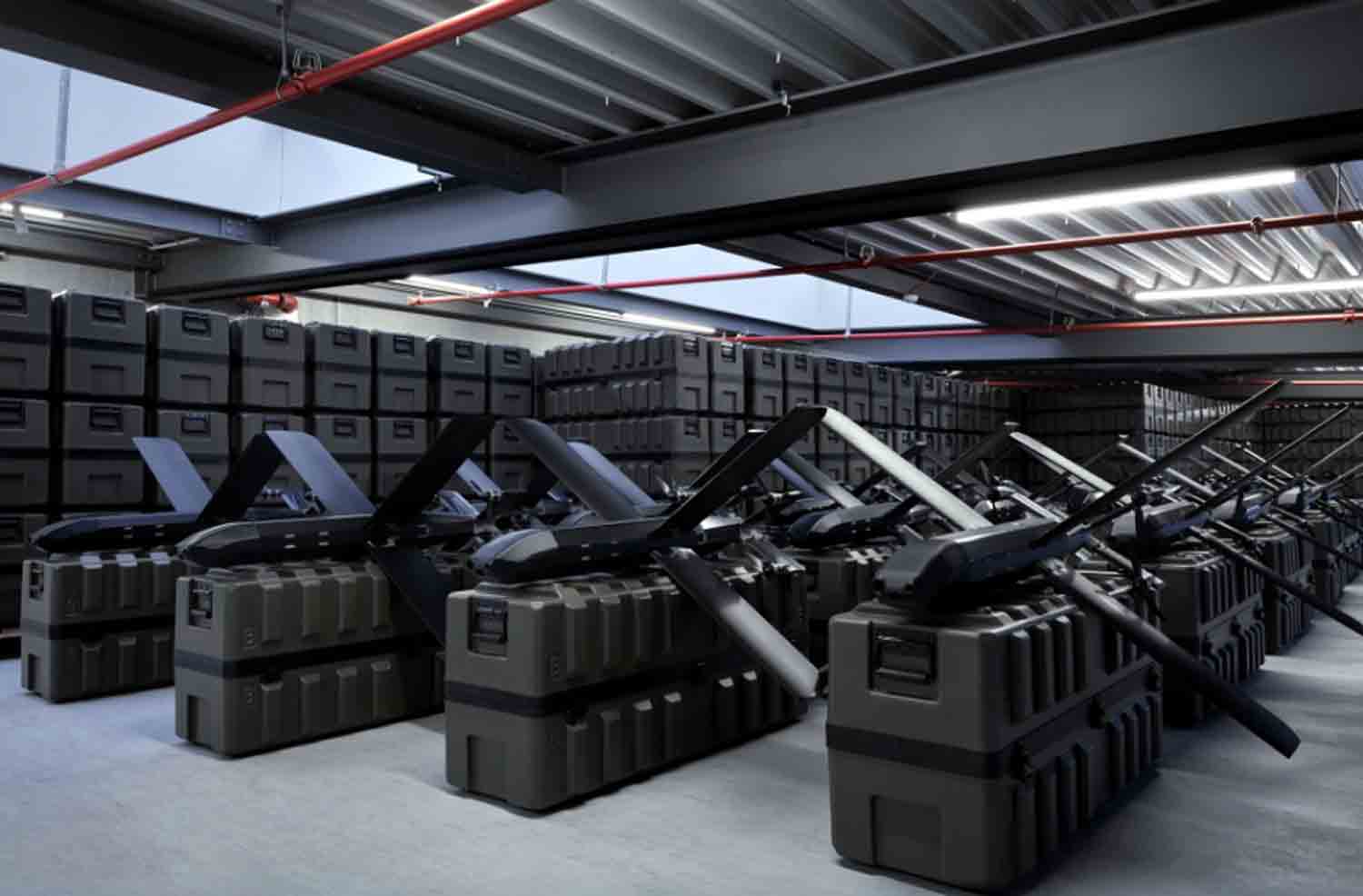Kyiv and its European partners expressed their demands on Thursday for inclusion in any peace negotiations, following a phone conversation between U.S. President Donald Trump and Russia’s Vladimir Putin. During this call, Trump indicated that Ukraine would not be able to reclaim all of its territory or join NATO.
In response, Russia’s financial markets experienced a significant uptick, and the value of Ukraine’s debt increased, signaling optimism for the first peace discussions since the conflict began nearly four years ago.
However, Trump’s unilateral approach to Putin, which seemed to involve concessions on key Ukrainian issues, raised concerns among Kyiv and NATO’s European allies. They worried that the U.S. might reach an agreement without their involvement. “Any agreement made without our participation is destined to fail, as both Europe and Ukraine are essential for its implementation,” stated EU foreign policy chief Kaja Kallas. “A hasty solution would be a flawed arrangement.”
Ukrainian Foreign Minister Andrii Sybiha emphasized, “Discussions regarding Ukraine cannot occur without Ukraine, nor can matters concerning Europe proceed without Europe.” Trump, who made the first publicly acknowledged call to Putin since the full-scale invasion in February 2022, later reached out to Ukrainian President Volodymyr Zelenskiy, expressing his belief that both leaders desired peace.
Nonetheless, the Trump administration publicly acknowledged for the first time that it was unrealistic for Kyiv to anticipate a return to its 2014 borders or NATO membership as part of any agreement, and it confirmed that no U.S. troops would participate in any security force in Ukraine that might be established to ensure a ceasefire.
In 2014, Russia annexed Crimea and its proxies took control of territories in eastern Ukraine, preceding a full-scale invasion in 2022 that resulted in further territorial gains in the east and south. Ukrainian officials have previously acknowledged that immediate full NATO membership might be unattainable and that a potential peace agreement could result in some occupied areas remaining under Russian control. However, Kyiv and its European partners expressed concern over Trump’s initiation of negotiations that appeared to include concessions to Moscow without first establishing a unified stance.
In response, Ukrainian Foreign Minister Syrbiha reaffirmed Kyiv’s commitment to pursuing NATO membership, asserting that this was the most straightforward and cost-effective means for the West to provide the necessary security assurances to deter future Russian aggression. “All our allies have stated that Ukraine’s path to NATO is irreversible. This goal is enshrined in our constitution and aligns with our strategic interests,” he noted.
EU foreign policy chief Kallas emphasized that conceding to Russian demands prior to negotiations would not be a wise strategy. She stated that Europe would continue to back Ukraine if it chose to reject any agreements made between Moscow and Washington without its involvement. “Why are we conceding to Russia’s demands even before negotiations have commenced?” Kallas questioned. “This is appeasement, and history shows it has never been effective.”
The Kremlin expressed its admiration for Trump’s stance, highlighting it in contrast to that of his predecessor, Joe Biden. Kremlin spokesman Dmitry Peskov noted, “There is a political will, which was emphasized during yesterday’s conversation, to engage in dialogue aimed at finding a resolution.” He added, “The previous U.S. administration believed that all efforts should focus on prolonging the conflict.
In contrast, the current administration appears to support the idea that all measures should be taken to end the war and establish peace.” When questioned about European calls for inclusion in Ukraine peace negotiations, Peskov remarked, “Regarding Europe’s involvement, there is currently no clarity on the format of a potential negotiation process, making it too early to discuss.”
Discover more from Defence Talks | Defense News Hub, Military Updates, Security Insights
Subscribe to get the latest posts sent to your email.





